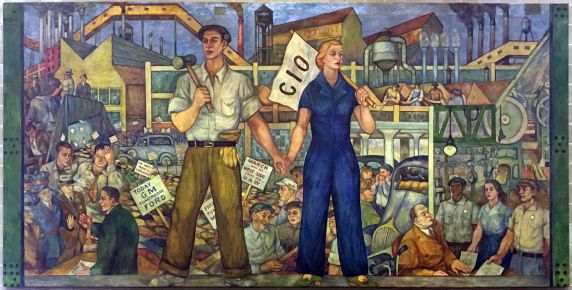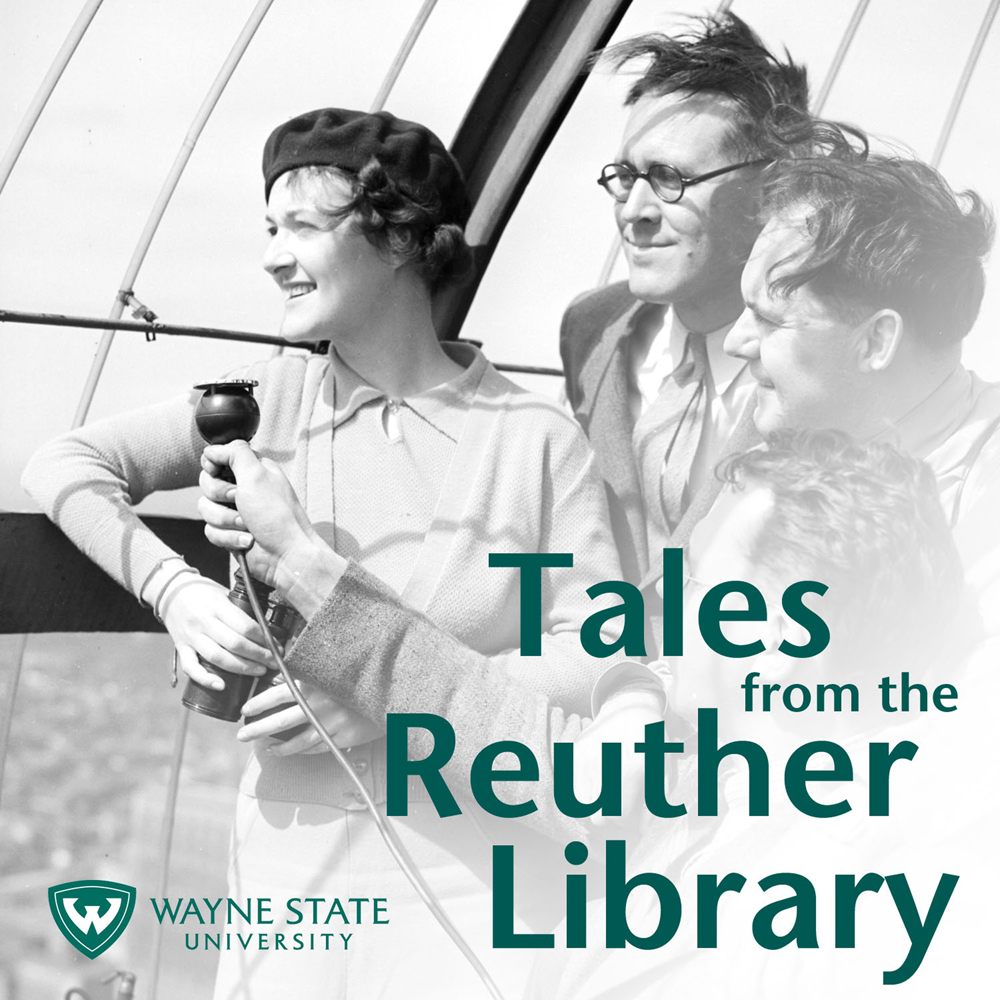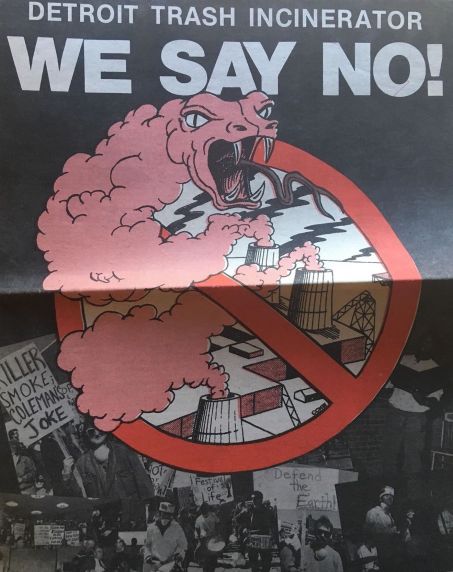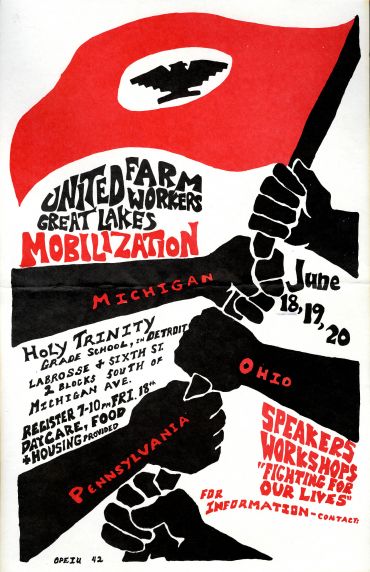Dr. Lori Flores discusses food systems in the US and Northeast region specifically, illuminating how the nation has developed a growing appetite for both Latinx food and Latinx food laborers, who are often underpaid and under-nourished as they help grow, process, transport, prepare, and serve food across the country. Flores is an associate professor of history at Stony Brook University and author of Awaiting Their Feast: Latinx Food Workers and Activism from World War II to COVID-19..
Related Resources:
Awaiting Their Feast: Latinx Food Workers and Activism from World War II to COVID-19
Related Collections:
UFW New York Boycott Records
UFW Massachusetts Boycott: Boston Office Records
UFW New Jersey Boycott: Jersey City Office Records
UFW Maryland Boycott Records
UFW Administration Department Records
UFW Boycott Central Records
UFW Central Administration Records
Other United Farm Workers collections at the Reuther
Episode Credits
Interviewee: Lori Flores
Producers: Dan Golodner and Troy Eller English
Music: Bart Bealmear
Podcast: Play in new window | Download | Embed




